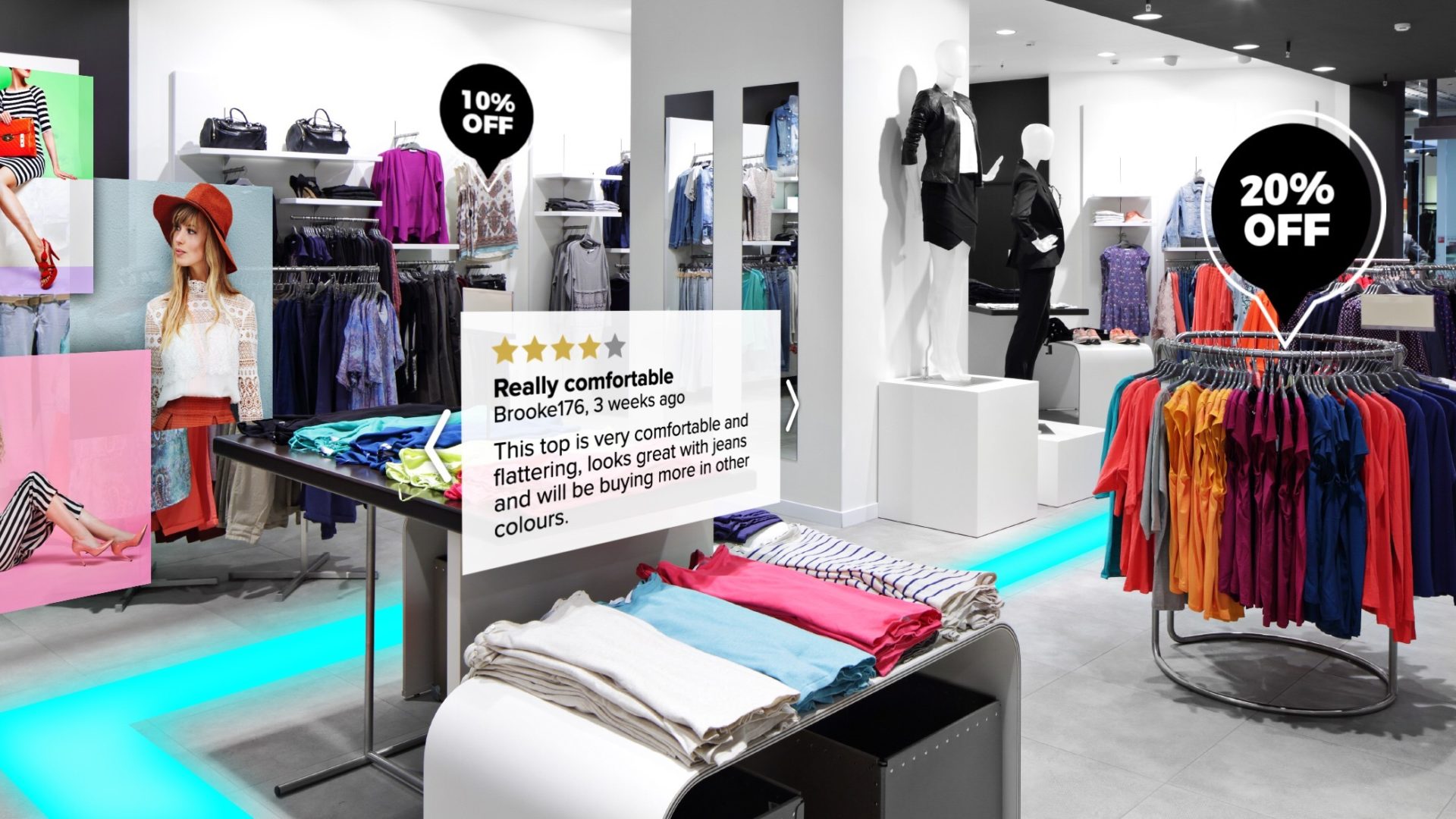Nov 14, 2023
Introduction
Dubai has long been synonymous with luxury, innovation, and pushing the boundaries of what's possible. In recent years, the intersection of fashion and technology has become a focal point of Dubai's forward-thinking ethos. One of the most exciting developments in this realm is the integration of augmented reality (AR) and virtual reality (VR) into the fashion industry, creating immersive experiences that redefine the traditional runway show. Let's explore how Dubai is leading the way in merging fashion with cutting-edge AR and VR technologies.
The Rise of Virtual Fashion Shows:
Dubai, known for its extravagant fashion events, has embraced the virtual runway with open arms. Traditional fashion shows often have limitations in terms of audience size, accessibility, and environmental impact. Virtual fashion shows powered by AR and VR technology offer a solution to these challenges by allowing designers to showcase their collections in a digital realm that knows no physical boundaries.
Immersive Shopping Experiences:
AR and VR aren't just transforming how fashion is presented; they're also revolutionizing the way consumers shop. In Dubai, forward-thinking retailers are leveraging these technologies to create immersive shopping experiences that blur the lines between the physical and digital worlds. Customers can try on virtual outfits, experiment with different styles, and even customize their clothing—all from the comfort of their homes or local boutiques.
Collaborations between Fashion and Tech:
Dubai's fashion scene is renowned for its collaborations and partnerships that push creative boundaries. AR and VR companies are teaming up with fashion designers, brands, and retailers to create innovative experiences that captivate audiences and drive engagement. These collaborations are not only changing how fashion is presented and consumed but also opening up new avenues for creative expression and storytelling.
Accessibility and Inclusivity:
One of the most significant advantages of AR and VR technology in the fashion industry is its potential to democratize access to high fashion. Virtual fashion shows can be streamed globally, allowing people from all walks of life to experience the latest collections in real-time. Additionally, AR-powered shopping experiences cater to diverse body types and sizes, fostering a more inclusive and body-positive approach to fashion.
Sustainability and Environmental Impact:
As the fashion industry grapples with sustainability challenges, AR and VR offer a more eco-friendly alternative to traditional runway shows and brick-and-mortar retail. By reducing the need for physical infrastructure and travel, virtual fashion experiences help minimize carbon footprints and waste. Dubai's embrace of AR and VR aligns with its broader sustainability goals, positioning the city as a leader in both fashion and environmental stewardship.
Conclusion

Dubai's embrace of AR and VR technologies in the fashion industry represents a bold step towards the future of fashion. By leveraging these immersive technologies, the city is redefining the traditional runway show, enhancing the shopping experience, fostering creativity, and promoting inclusivity and sustainability. As Dubai continues to push the boundaries of innovation, the virtual runway is set to become an integral part of the city's vibrant fashion landscape, inspiring and captivating audiences around the world.





